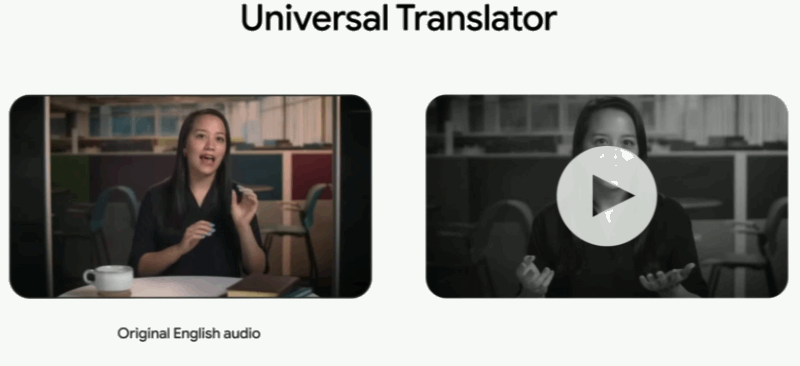For 27 years, a scripted sign made to look like a parchment with the words “Ye Olde Orchard” has been inviting people into a pub in Notre-Dame-de-Grâce (NDG).

It’s known as the spot to grab a Guinness or two, just like in Ireland.
But after a complaint was filed with the French language watchdog, the Office québécois de la langue française (OQLF) has told the pub its sign is no longer good enough.
It needs to add a French descriptor next to the words.
“And then the agent on my file gave me a heads-up that as of 2025, that would change,” said Joseph Pilotte, co-owner of Orchard Group.
Pilotte says he was told by an OQLF agent that new legislation coming into force in 2025 will make their current name illegal and they’ll be forced to translate it to French.
“Which then set off obviously some alarms of like, ‘Well, we don’t want to change our sign now, to then have to do it again in two years,'” Pilotte explained.
Since then, Pilotte says he’s been going back and forth with the OQLF trying to find a solution.
He’s also addressed other complaints such as the one about a Guinness sign, reading “Lovely day for a Guinness,” being only in English.
Customers Global News spoke to don’t think having English in the pub’s posters or its name matters.
“What I want is to drink a Guinness. That’s all, OK?” Robert Nadeau said with a smile.
Michel Dufour, a francophone, shrugged the issue off.
“As long as we’re served in French, there is no problem,” he said.
The OQLF told Global News in a statement that it has never asked the pub to change its name to Le Vieux Verger instead of Ye Olde Orchard, but instead that the pub needs to add a French descriptor to its sign such a restaurant or brasserie — it’s up to the business to decide.
But they admit upcoming and more stringent regulations might change the size of that descriptor.
More on Canada
“In no case, including as of June 1st 2025, the Office demands that businesses translate their name or brand to French,” OQLF spokesperson Chantal Bouchard wrote in a statement. “Nevertheless, beginning June 1st, 2025, French will have to appear in a notably more prominent way when a brand is displayed on a public sign that can be seen from the outside of a store. Regulations will define the notion of ‘notable prominence’ within this context.”
Meanwhile, Pilotte insists that he’s received conflicting information.
“I’ve always been told the same thing from my agent, that she doesn’t believe our name would work in 2025,” Pilotte said.
Pilotte says all he wants is clarity and to be able to keep the pub’s Celtic identity and its name, which was inspired by the street it lives on, Old Orchard Street in NDG.
© 2023 Global News, a division of Corus Entertainment Inc.







